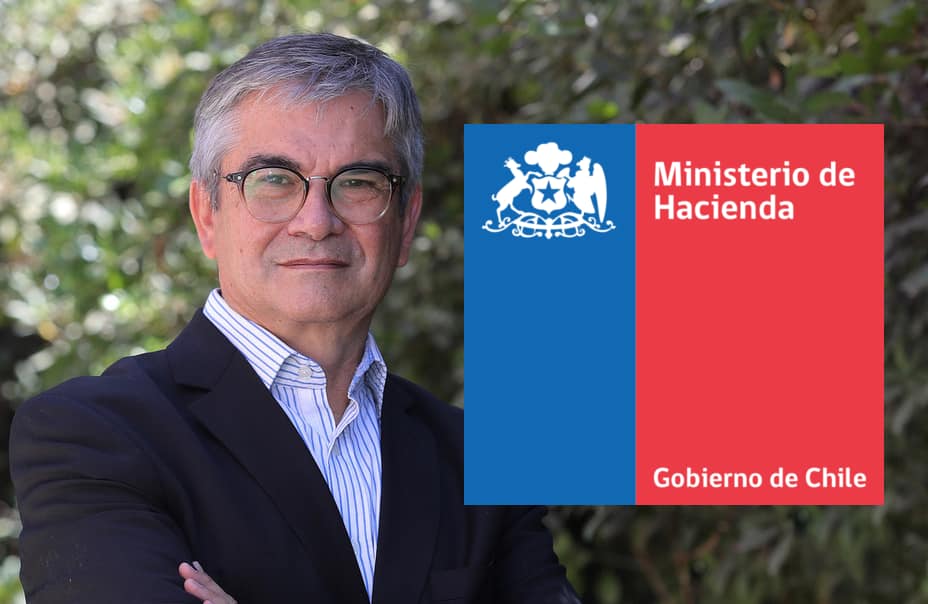Chile cat bond & swaps a step towards resilient public finances: Minister

For Chile, the completion of the largest single country catastrophe bond and swap transaction ever executed by the World Bank has resulted in $630 million of protection against earthquake risks, an important step towards more resilient public finances, the country’s Finance Minister Mario Marcel has said.
As we reported last week, Chile has secured $630 million of parametric earthquake insurance cover through the World Bank IBRD issued arrangement, with $280 million of catastrophe swaps placed alongside the $350 million IBRD – Chile 2023 catastrophe bond.
To read more details on the structure of the Chile catastrophe bond transaction and its parametric trigger please see our Deal Directory entry.
Importantly for Chile and its use of disaster risk financing, the $630 million of protection is larger than the country’s previous cat bond, a $500 million parametric quake deal issued as part of the Pacific Alliance multi-country placement back in 2018.
Mario Marcel, Minister of Finance, Republic of Chile, explained that the government sees the catastrophe bond and catastrophe swaps as an example of its desire to embrace “fiscal responsibility” when it comes to natural disaster risk.
Rather than exposing the country and its taxpayers to the potential burdens of debt issuances, or a lack of liquidity, after disasters strike, the Chile government wants to have just-in-time capital on hand, which the parametric nature of the cat bond and cat swaps provides.
The Minister of Finance sees the catastrophe risk transfer arrangement as demonstrating a desire to have better protected and more resilient public finances, and sees the issuance as part of a strategy towards fiscal responsibility.
The risk transfer covers the type of earthquake that can be expected to occur around every 70 years.
The World Bank has been instrumental in helping Chile to this new catastrophe risk transfer arrangement and work has been ongoing for a number of years.
Minister of Finance Marcel commented that, “The mobilization of capital for catastrophic risk management constitutes a key element in supporting our comprehensive strategy, which also contemplates the availability of resources in the National Budget for more frequent events but with a lower fiscal cost, and the creation of a Fund for Natural Disasters (FODEN) that is currently under discussion in the Senate for those less frequent events, but with a somewhat greater impact on public finances.”
The Chilean Ministry of Finance began studying potential parametric structures with the support of the World Bank in June 2022, as it sought to design a risk transfer arrangement that will better protect the country’s economy against a major earthquake disaster.
Chile now benefits from the parametric earthquake insurance, that is funded through the World Bank IBRD’s issuance of catastrophe bonds and the catastrophe swaps, demonstrating an efficient way for a sovereign actor to leverage capital market investor appetite for catastrophe insurance risks, facilitated with the help of a major multilateral development bank.
You can read all about this new IBRD – Chile 2023 catastrophe bond in the extensive Artemis Deal Directory.






